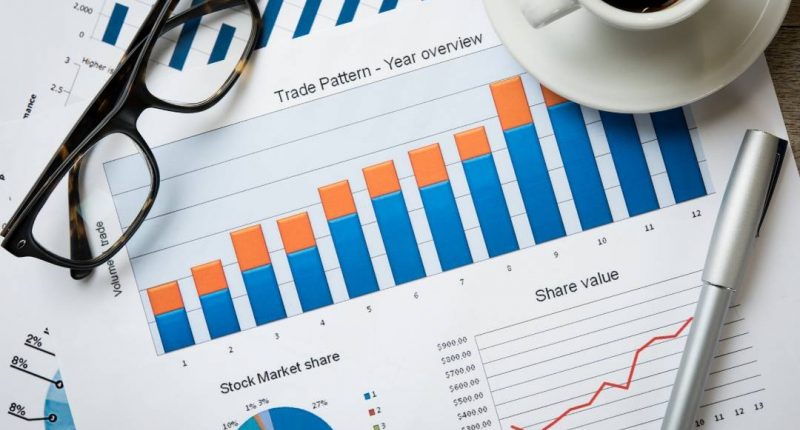Index funds have gained popularity in the recent past as investors focus more on passive investment options.
The total number of passive funds, which includes exchange-traded funds (ETFs) and index funds tracking NSE Nifty indices, have already breached the milestone of 200, managing assets of more than Rs 4-lakh crore.
In this regard, equal-weighted indices and market-cap-weighted indices are two different styles of investing, which are generally adopted by investors.
As the name suggests, equal-weighted indices assign or give all companies in the index the same weight. On the contrary, market-cap-weighted indexes give more weight to companies with higher market capitalisations.
In the case of an equal-weighted index, each entity has an equal impact on the index performance. On the other hand, in a market-cap-weighted index, larger companies tend to have a considerably significant effect on the overall performance of the index.
At the same time, equal-weighted index funds tend to adopt a value-based approach to investing, while market-cap-weighted index funds involve momentum-based investing.
Market-cap-weighted funds look forward to maximising the momentum in stocks without taking into account the root cause of the momentum. However, equal-weighted funds tend to adopt a contrarian approach. In order to realign the fund, a suitable balance is struck between overvalued stocks and undervalued stocks.
Generally, an equal-weighted index may perform better than a market-cap-weighted one during a phase of volatility in the market. This is considering that an equal-weighted index provides a comparatively more balanced exposure to each stock in the index, which is not the case in a market-cap-weighted index where more weight is given to larger companies.
In addition, equal-weighted indices tend to extend the dual benefit to investors, which is reduced concentration risk and exposure to stocks of smaller companies.
When it comes to investors, those seeking exposure to the largest and most established companies may go for market-cap-weighted indices. These are still more frequently deployed. However, equal-weighted indexes are preferred by investors focussing on exposure to smaller businesses or looking for a more diverse portfolio.

Rajiv is an independent editorial consultant for the last decade. Prior to this, he worked as a full-time journalist associated with various prominent print media houses. In his spare time, he loves to paint on canvas.





